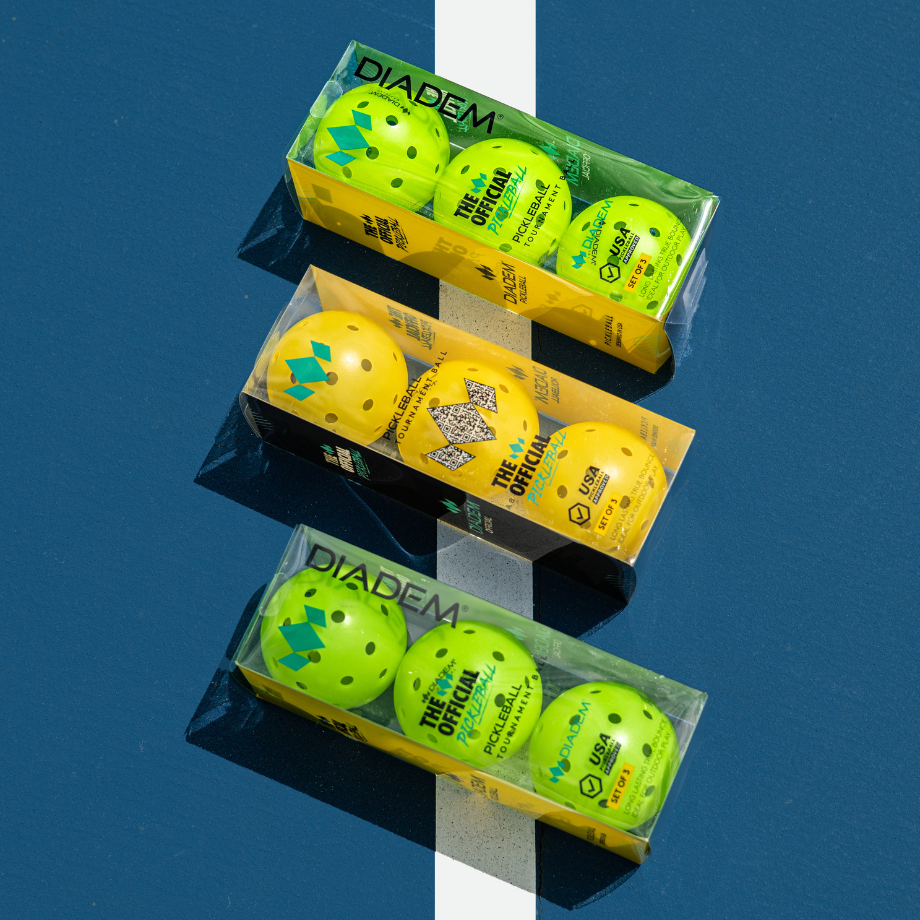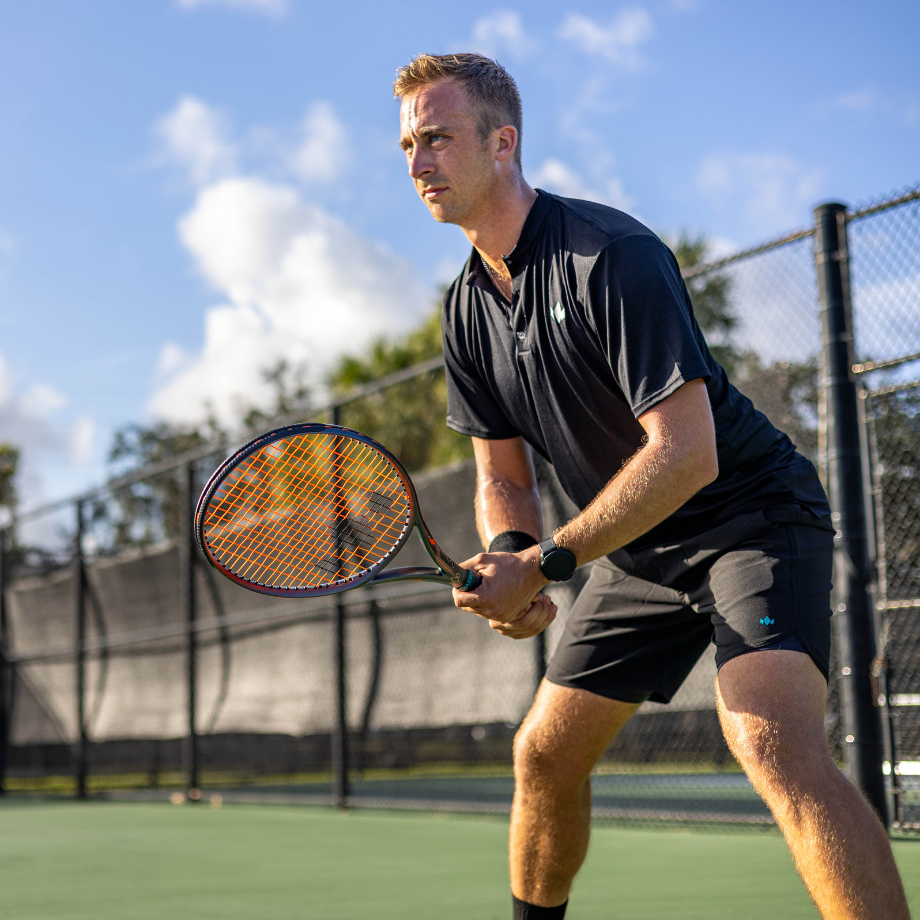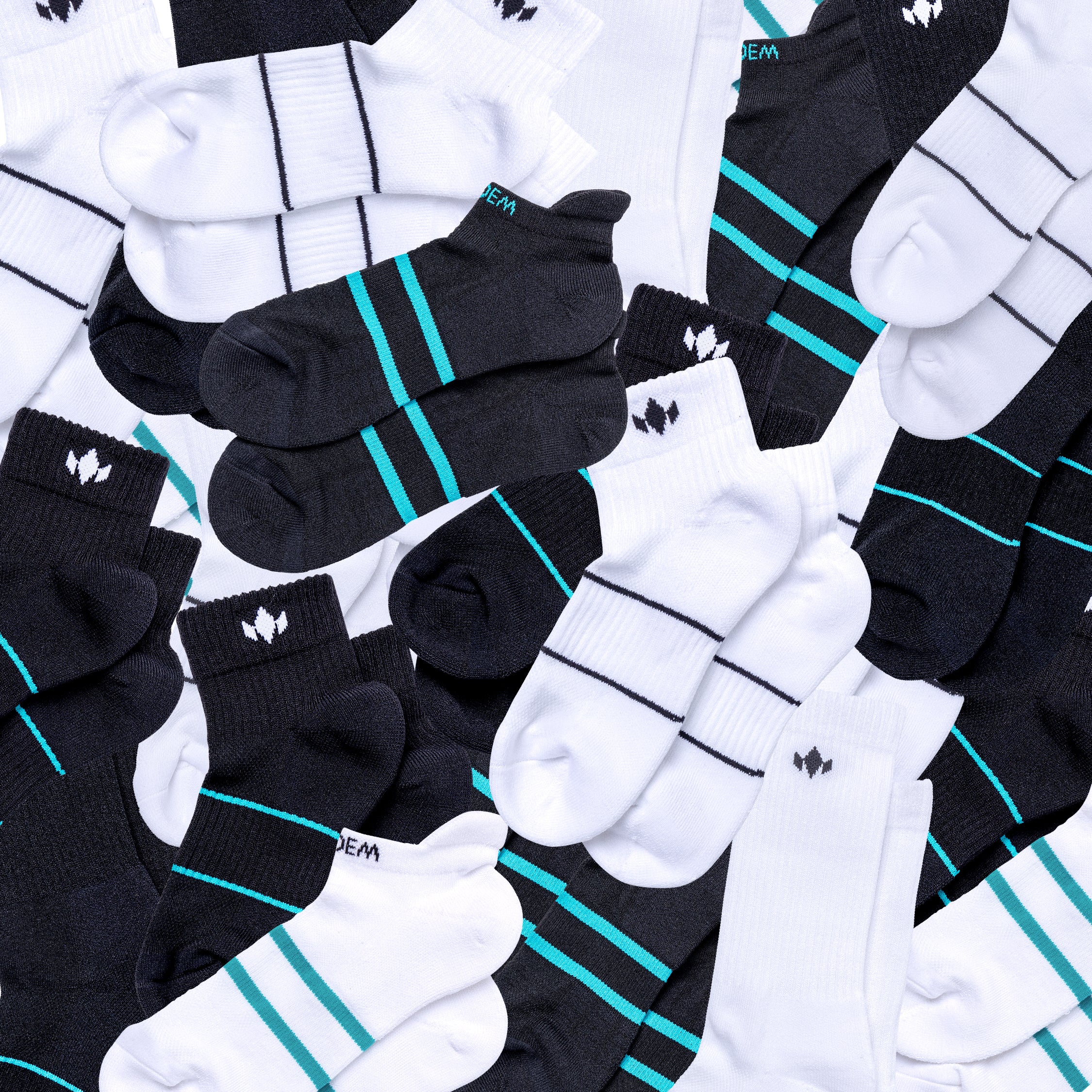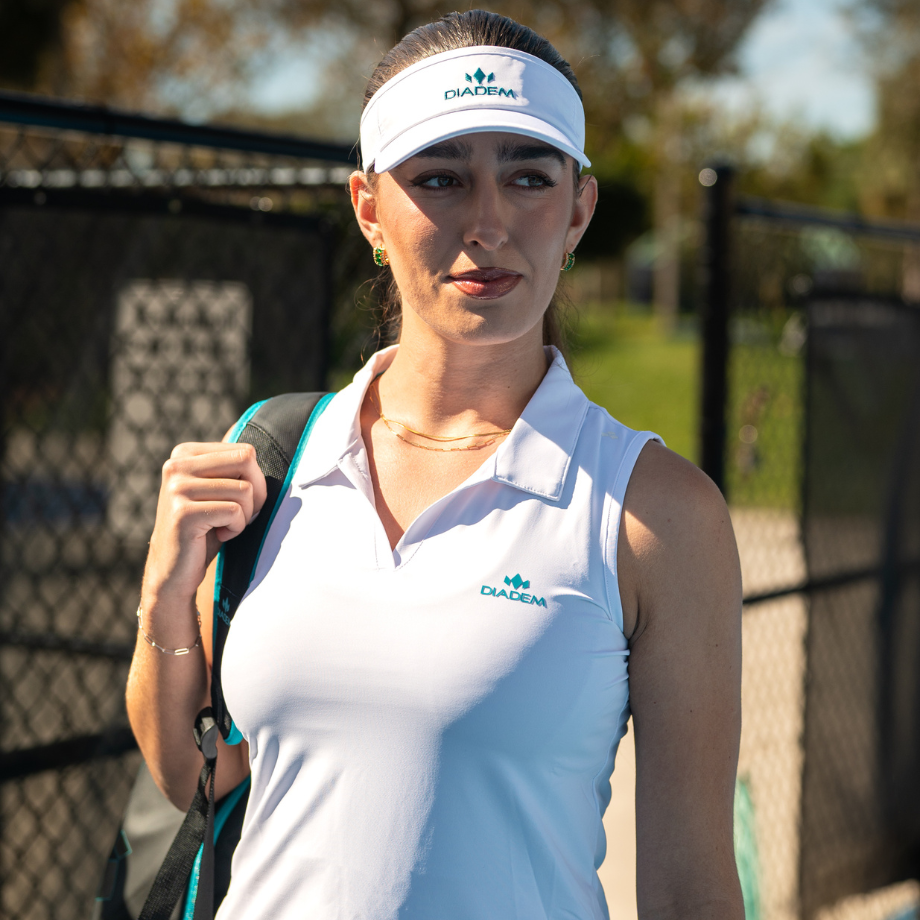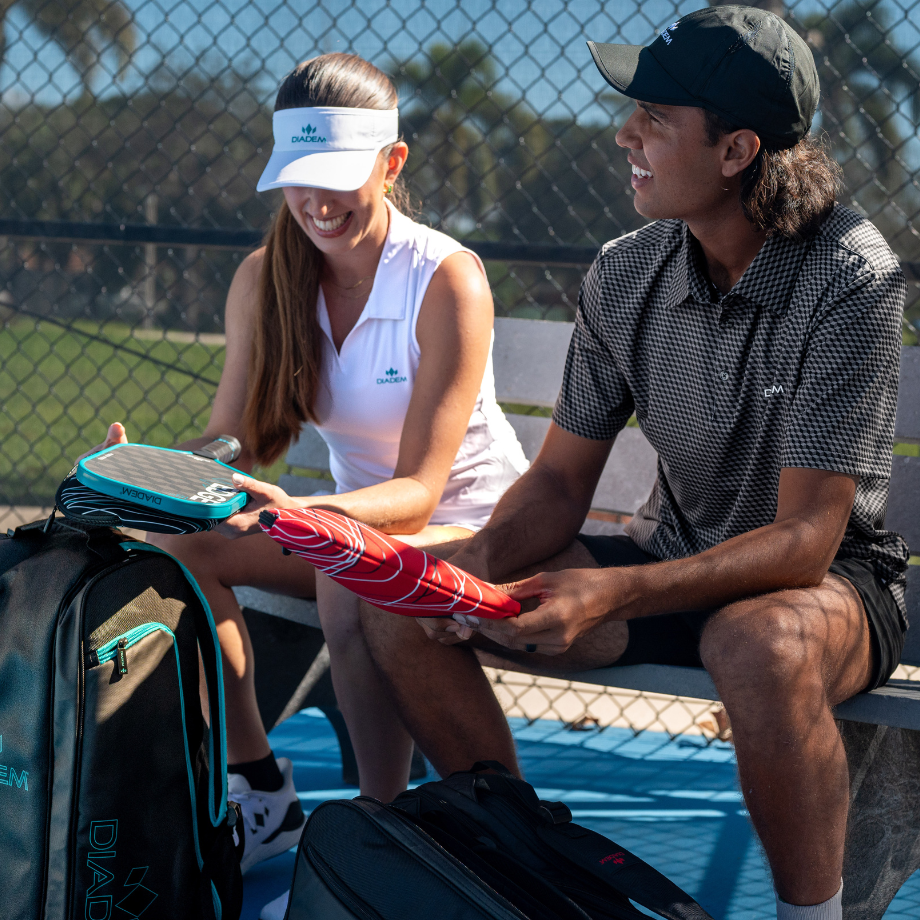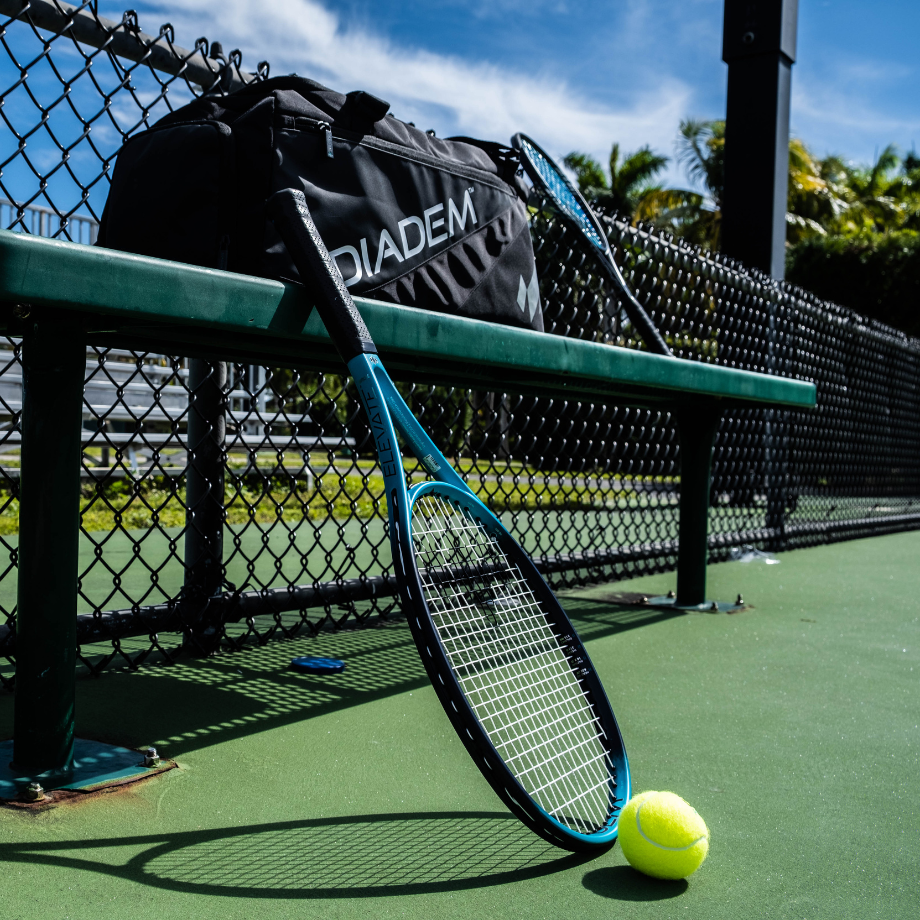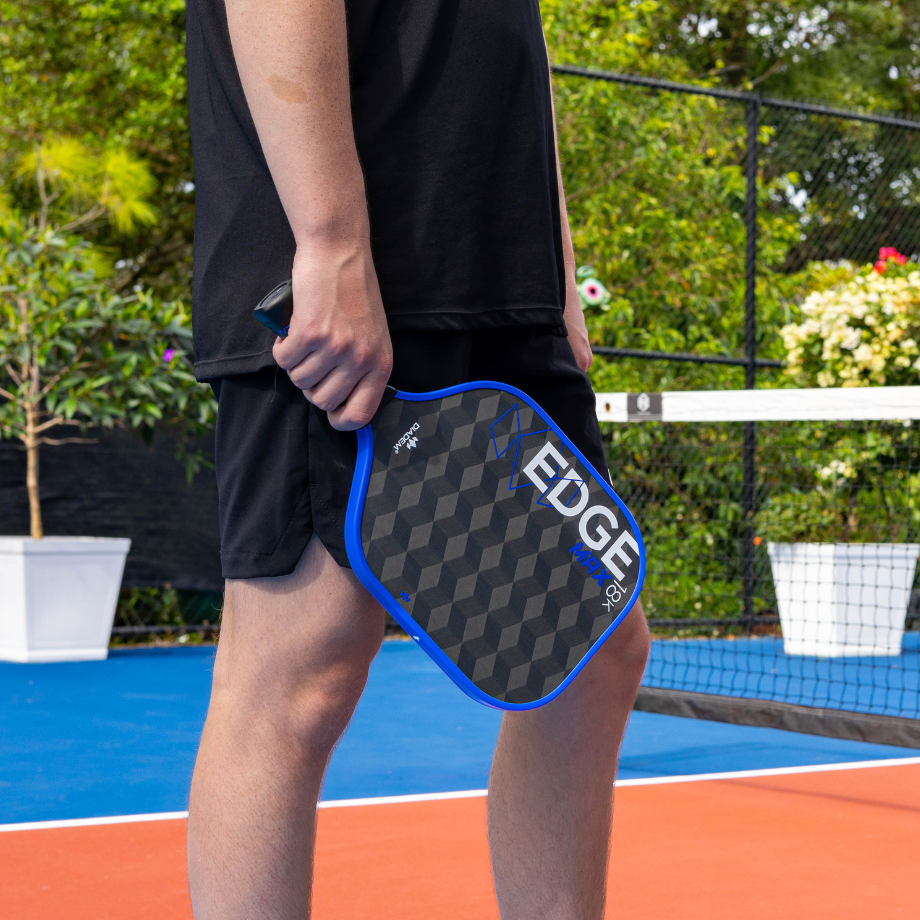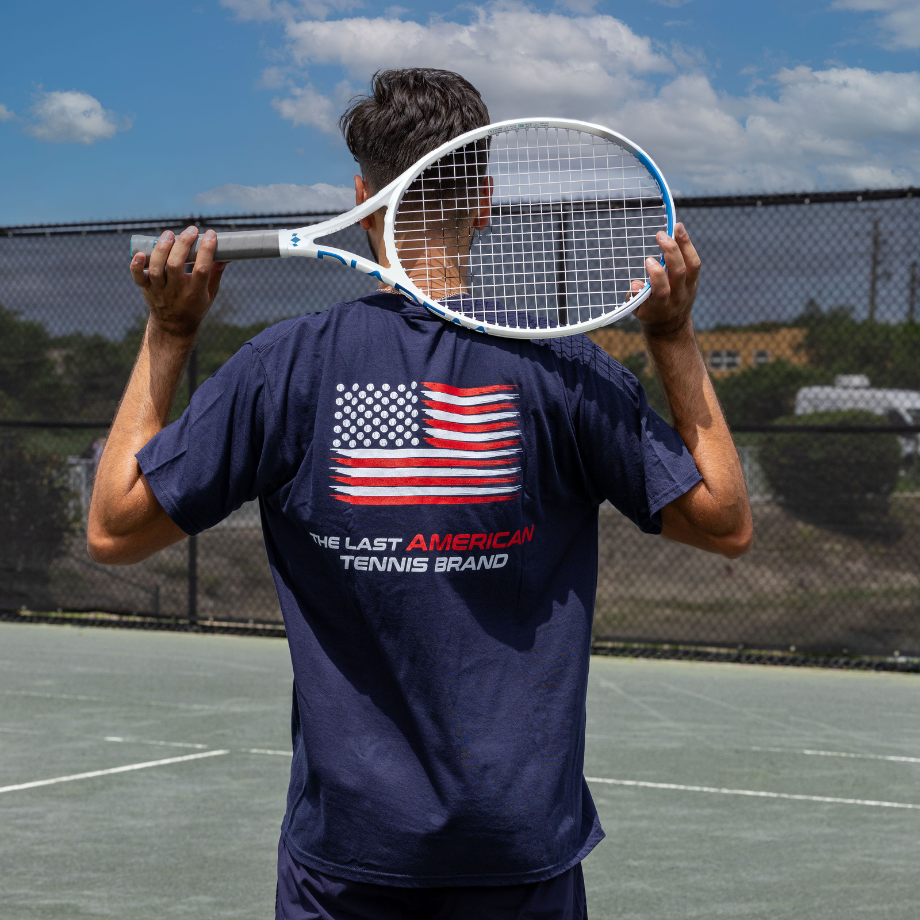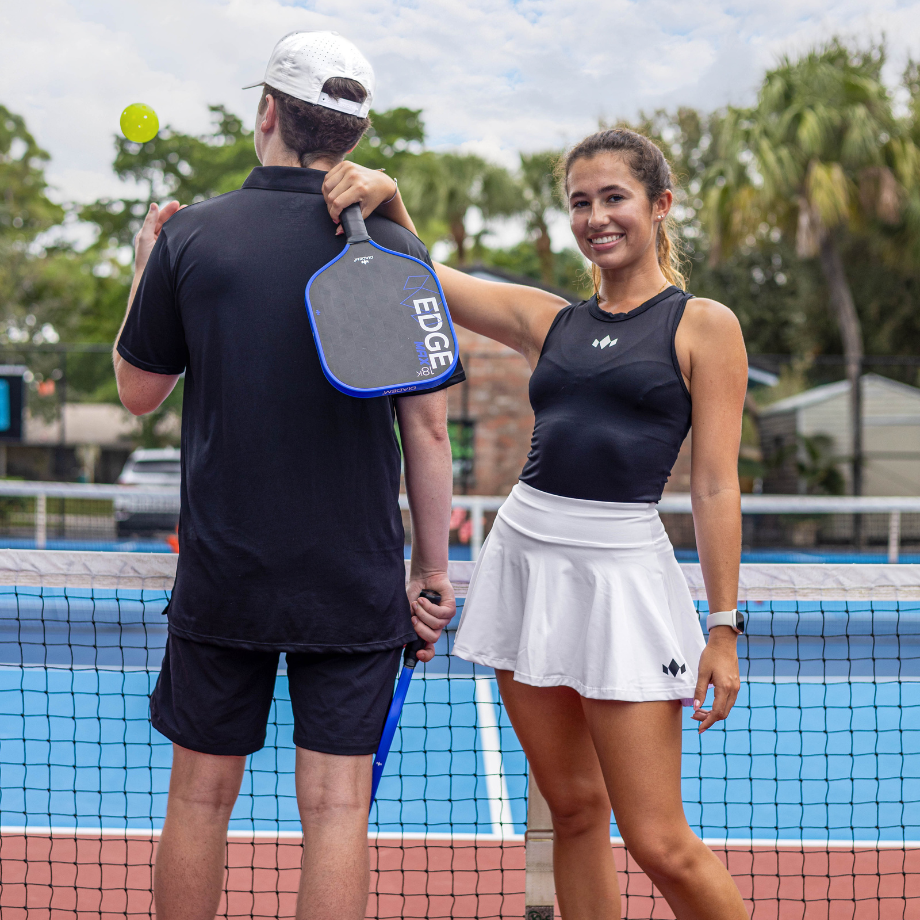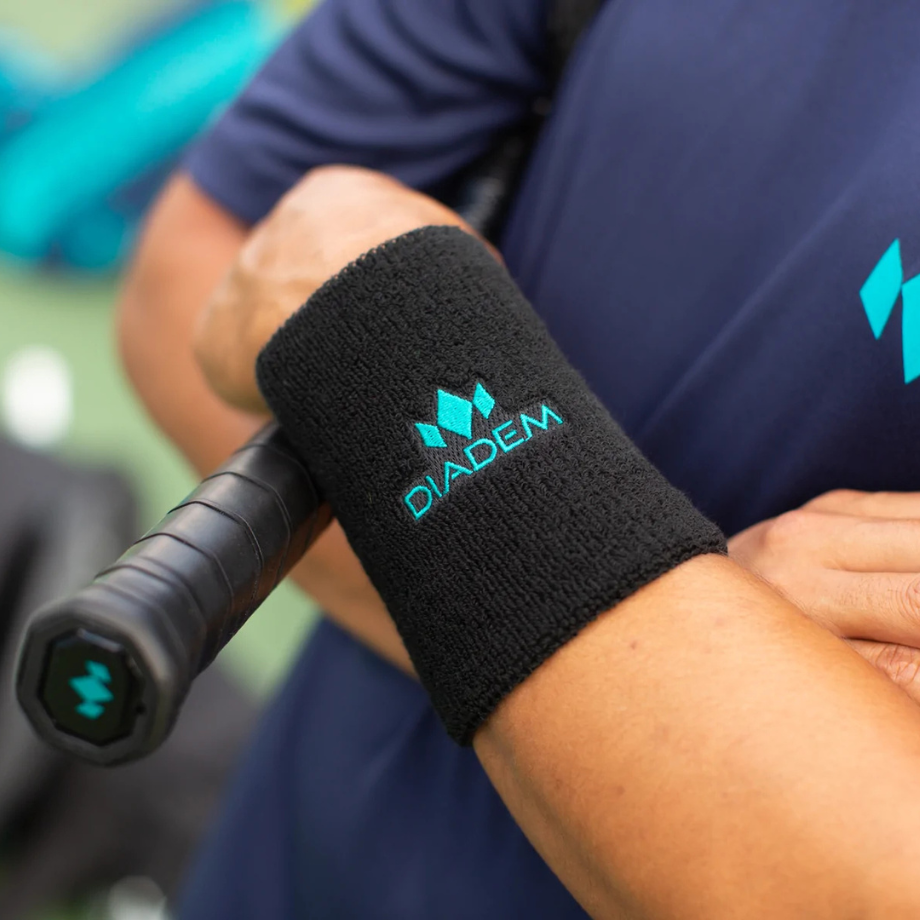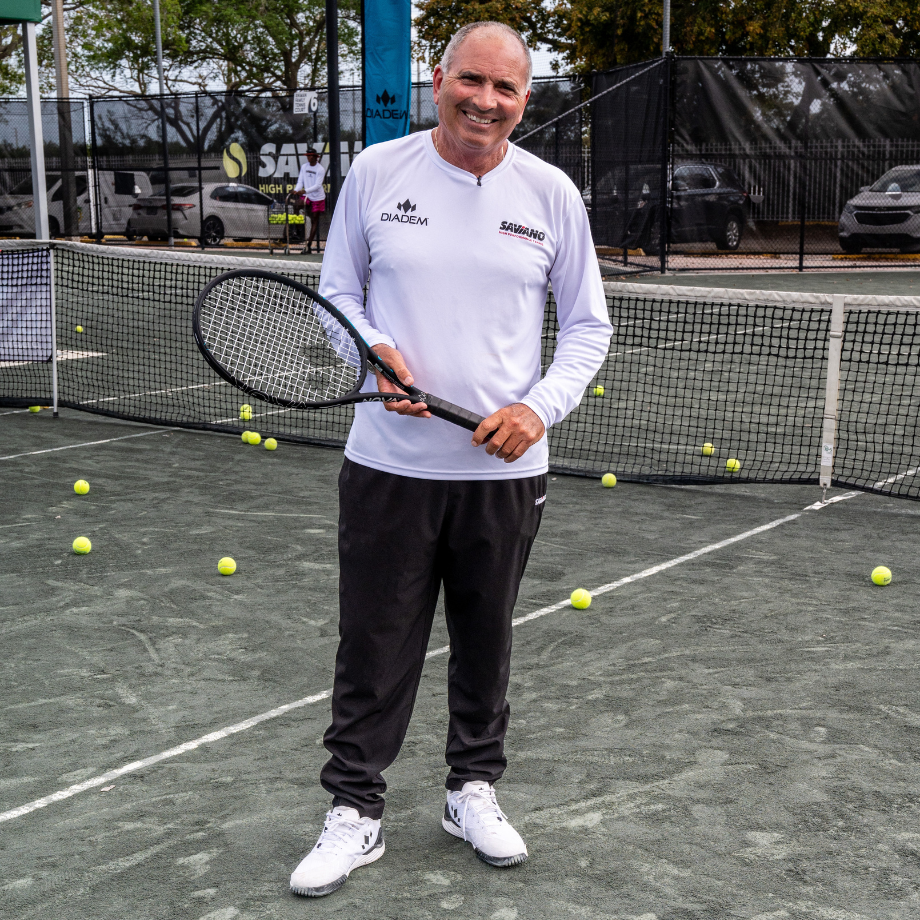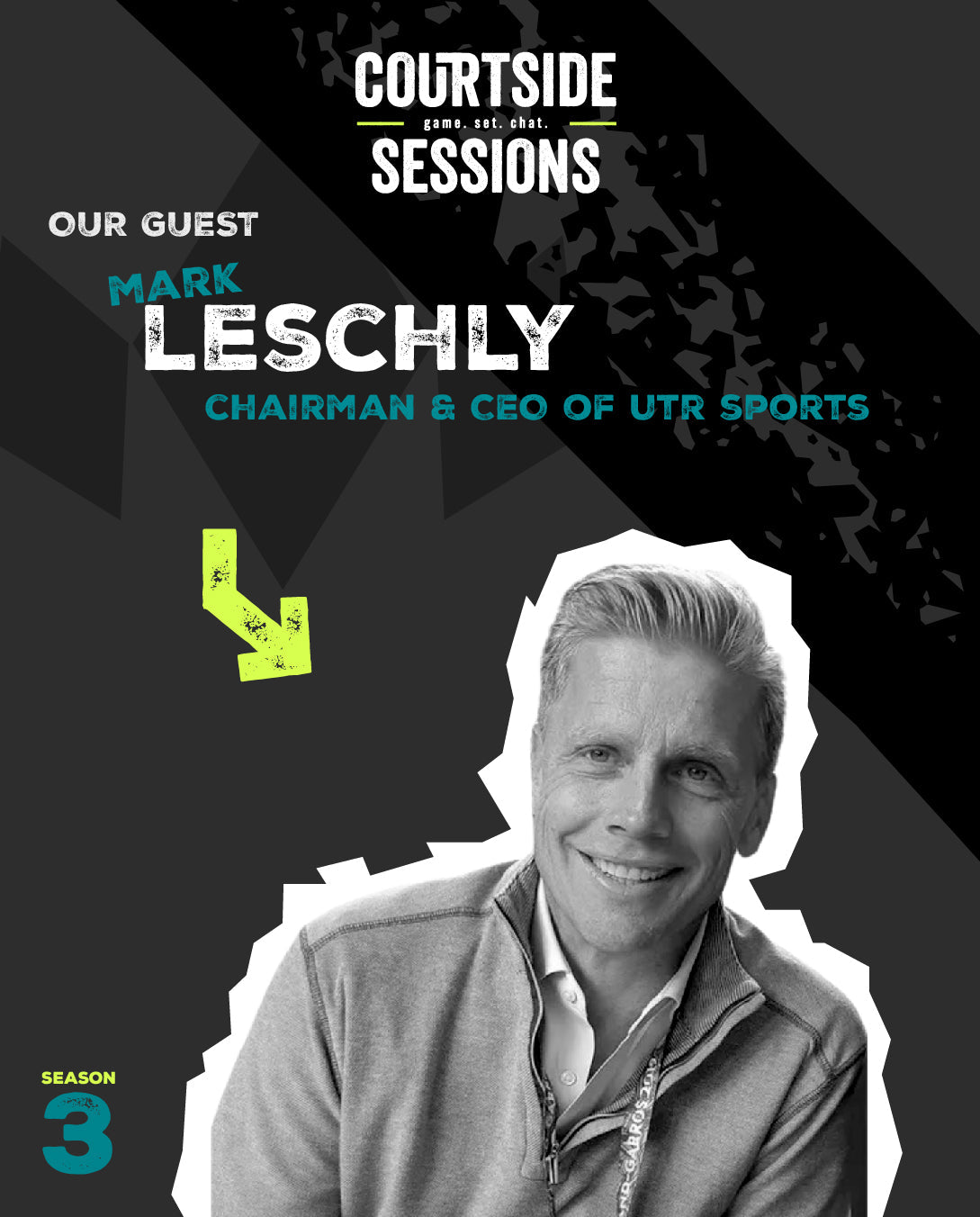Inside Conversation with CEO Mark Leschly
In the latest episode of Courtside Sessions (S3 E3), Diadem Sports brings you an insightful conversation with Mark Leschly, the principal owner and CEO of UTR Sports. This eye-opening discussion takes viewers behind the scenes of the Universal Tennis Rating system and reveals how it's transforming the landscape of tennis worldwide.
What Makes UTR the Best Rating System?
Leschly explains that UTR began as a concept in 2009 when academics were dissatisfied with existing rating systems. Unlike traditional absolute ranking systems that award points based on tournament progression, UTR measures how players compete against each other on a "24-hour clock" to create a relative rating that's far more accurate.
"We spent a lot of time, effort, and money since I bought the business in 2017 investing in data science, building large pools of data and populations, and perfecting that," Leschly shares. "That's why today it's the single most accurate rating system out there for rating a tennis player."
One of UTR's revolutionary features is its ability to work across age and gender. Leschly notes, "The idea that a 40-year-old man can have the same rating as a 12-year-old girl and they can actually have a great match opens up communities."
From Player to CEO
Leschly's journey through tennis is equally fascinating. He grew up in Denmark until age 12 in a tennis family—his father was a Davis Cup player who reached the quarterfinals of the US Open in the 1960s. After immigrating to the United States, Leschly played junior tennis in the Middle States section before being recruited to Harvard, where he captained the team and played #1.
After college, Leschly pursued professional tennis, joining the Danish Davis Cup team and reaching around 480 in the world rankings before a rotator cuff injury ended his playing career. This extensive background in the sport has informed his approach to revolutionizing tennis through UTR.
Development Over Decimal Points
In a surprising moment during the interview, the CEO of UTR actually recommends that younger players focus less on their UTR scores and more on development.
"When I bought UTR, we inherited UTR, we inherited two decimal places... I think the whole notion of, you know, if you're sort of 10, 11, 12 years old, focus on the holistic number, focus on what it takes—what is a player at a full incremental number in UTR? What does their game look like? What are the shots they're able to hit? How do they think about the game?"
Leschly emphasizes that intentional training and focusing on patterns and execution will naturally improve your rating, rather than obsessing over decimal-point fluctuations week to week.
The Parent-Coach Dynamic
As a parent of two sons who played junior tennis and went on to Harvard, Leschly offers valuable insights about the parent-coach relationship.
He advises parents to focus on cultivating joy in the sport rather than emphasizing technical instruction, noting that many juniors spend too much time receiving lessons and not enough time simply playing and developing competitive skills.
UTR Pro Tour & High School Tennis
The conversation also highlights UTR's expansion into professional tennis with the UTR Pro Tour, which will run 450 events in 30 countries, stream on Amazon, and offer $10 million in prize money for aspiring professionals. Leschly explains this was never the original intention but evolved as they recognized the need for a more merit-based, economical pathway to professional tennis.
For high school tennis, UTR has rolled out across all 50 states, with about 30 states either requiring or recommending UTR for high school competition. This integration makes high school matches more relevant and connects players to the broader tennis community.
Joy in Tennis: The Ultimate Message
Leschly's final message to parents resonates powerfully: "If your kid is not really enjoying the experience, forget it. Like, it is too long a journey, it's too hard... Make sure your kid has joy in the experience, whatever that takes... because A) they'll be a better player and B) they'll stay with the sport."
He emphasizes not sacrificing the parent-child relationship for short-term tennis success, as parents may regret pushing too hard years later.
Watch the Full Interview!
This blog post only scratches the surface of this enlightening conversation. Watch the full interview on the Diadem Sports YouTube channel to discover more about UTR's impact on tennis, the relationship between tennis and pickleball, and how lessons from sport translate to business success.
Whether you're a junior player, coach, parent, or tennis enthusiast, this episode offers valuable insights into the evolution of tennis ratings and the future of the sport we love.
Follow and subscribe @diademsports on YouTube for more episodes of Courtside Sessions featuring conversations with tennis industry leaders, professional players, and coaches!




